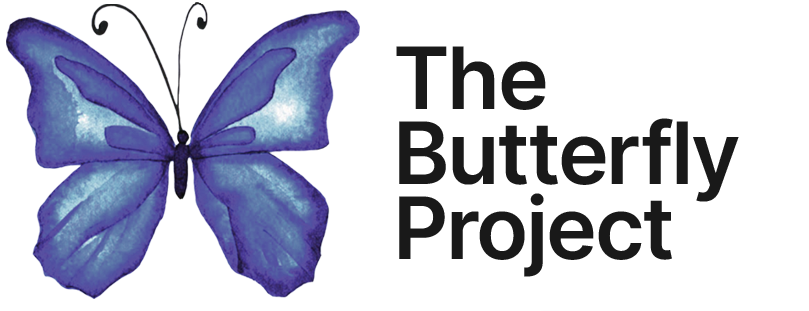We know that many family members and friends struggle to know what to say or do. Here are some suggestions to help you offer support.
We will add more resources over the next few months. If you have ideas you want to share please get in touch with us.
Every situation is different, every mother and every family are different, and what 'works' for some parents may not work for others. Don't pre-judge or assume. No one can be prescriptive about what to say or do, but here were some phrases and behaviors we heard about that were typically either helpful or not helpful.
Phrases that were un-helpful
- At least you still have one
- You can try again (for another pregnancy)
- It wasn't meant to be
- Maybe you weren't ready; maybe [twin's name] wasn't ready
- Why don't you stop thinking about or forget about [twin's name] and just focus on the other twin?
- You'll get over it
- You'll soon get over it
- I know what you going through (unless of course, you have been in a very similar situation)
- You need to talk about it (this is very different to saying 'would you like to talk about it' or 'do you want to tell me when it would help to talk')
Behaviors that weren't helpful
- Not talking about the twin because you are worried about upsetting the parents
- Not calling the twin by their name (if they had one) or forgetting their name
- Not recognizing the twin identity (trying to behave as if it was a singleton pregnancy)
- Staying away, not ringing or messaging, because you felt uncomfortable (any discomfort you feel is insignificant compared to the parents' grief)
- Trying to focus on, or just talk about, the surviving baby or babies
- Where a triplet dies, suggesting that the two surviving babies are 'only twins' (although some parents told us they wanted to think of the surviving babies as twins, typically where the triplet loss was quite early in pregnancy). If you are not sure, ask the parents.
- Not saying anything because you don't know what to say (sometimes saying 'I am really sorry, I don't know what to say' is enough)
- Discarding any mementos from the baby who died - photos, cot cards, name tags, blankets & clothes (however dirty, do NOT wash them without asking parents), items bought for the baby before they were born e.g. clothes
Phrases that were often helpful
- I'm really sorry, do you want to talk about it?
- I'm sorry
- Do you want to tell me when it would help you to talk about her or him? (even better to use the baby's name)
- Is there anything I can do to help?
Behaviors that were often helpful
- Talking about the twin by name
- Asking if you can say hello and goodbye to the baby who died
- Helping make memories, collect mementos
- Taking and keeping photos (with parents permission)
- Offering to help with 'household' chores - parents of babies on NICU struggle to do routine tasks - walk the dog, go shopping etc. However, be careful not to 'smother' families or remove their family identity/role
- Offering to help with other siblings
- Offering to tell other family members or friends what has happened. However, always ask parents first what they would like.
The grief and sadness that parents feel will stay with them for months and years, often their whole life. Offering to talk months or years later about their grief, or talking about the baby who died by name is appreciated by most parents. If they are a close friend, or family, and you do not know what they would like, ask them!
Birthdays and anniversaries are especially challenging. We would like to know from parents about what has helped them in these situations - perhaps you can contact us.
